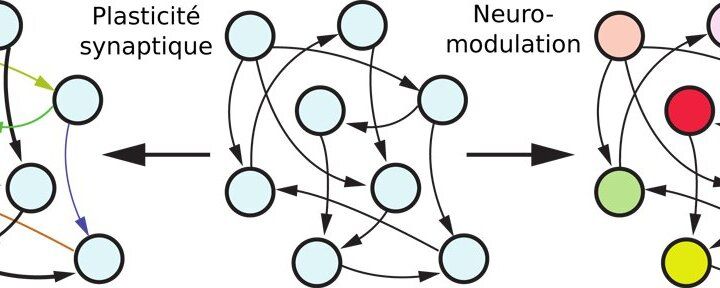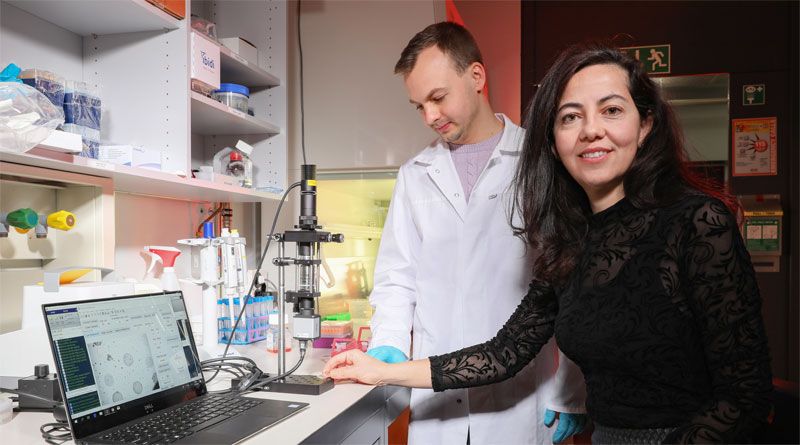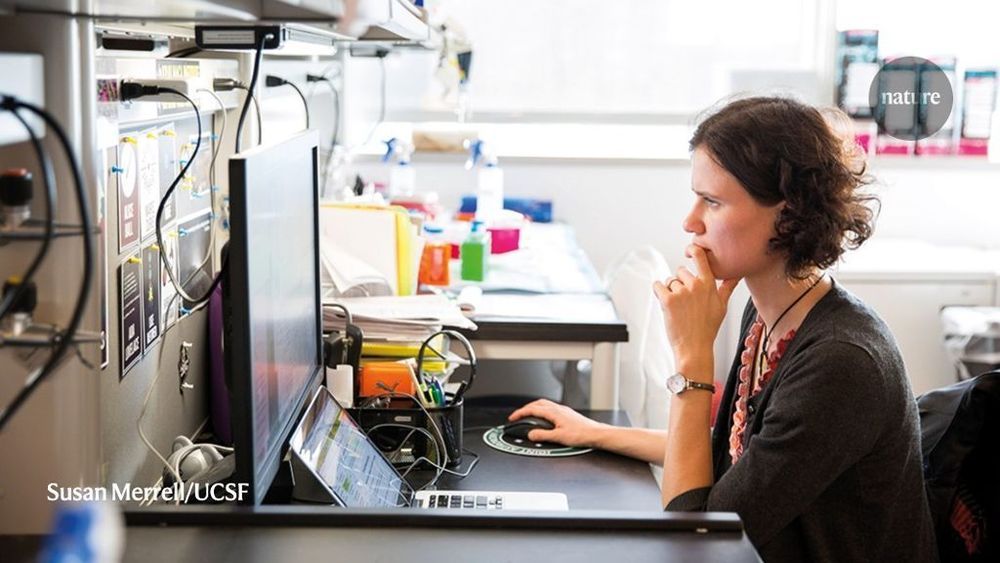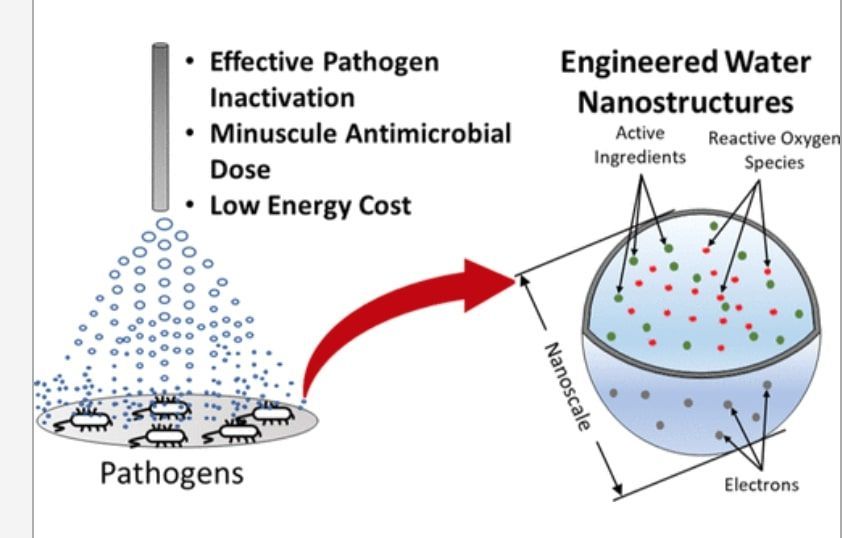Researchers from Stanford University and Michigan State University have teamed up to create a nanoparticle that can eat away at the arterial plaques that lead to strokes and heart attacks in a mouse model of atherosclerosis.
The team has created a nanoparticle that acts like a Trojan horse, targeting atherosclerotic plaque to reduce its amount and prevent it from getting out of control. A considerable amount of plaque material consists of dead and dying macrophages, a type of immune cell, which have become trapped and overwhelmed while trying to remove debris and fatty deposits. As these cells die, they attract more macrophages which arrive to try to clear up the waste; they too become trapped, and this is the foundation of atherosclerotic plaque.
The new study demonstrates how the nanoparticle is able to locate the plaque while showing high selectivity for macrophages [1]. Once it has located its target, the nanoparticle enters the macrophages within the plaque and delivers a drug payload to the cells, encouraging the macrophages to engulf and consume cellular debris. Essentially, this means that the macrophages eat the dead and dying cells within the plaque and thus reduce its overall size.








